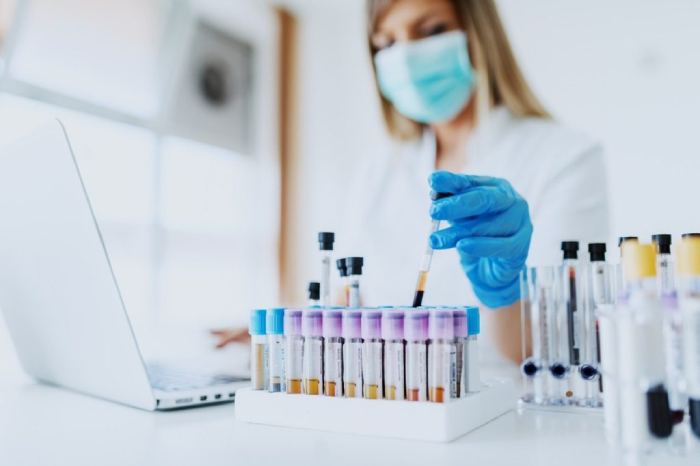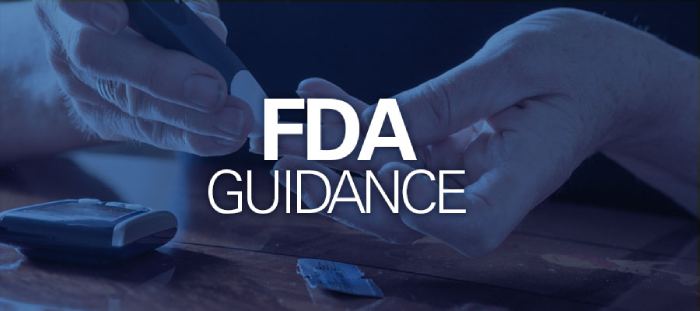Who decides whether a device study is SR or NSR? Sponsors are responsible for making the initial risk determination and presenting it to the IRB. Unless the FDA has already made a risk determination for the study, the IRB must review the sponsor’s SR or NSR determination for every investigational medical device study reviewed and modify the determination if the IRB disagrees with the sponsor.
Table of Contents
Who is responsible for making initial risk determination?
Studies for that are not exempt; Sponsors are responsible for creating initial risk determination and offering to the institutional review board (IRB). FDA is available to help the sponsor, clinical investigator, and the IRB in making risk determinations.
Who has ultimate responsibility for an investigational product at the study site?

The PI has the ultimate responsibility for the search of activities. Studies are that require the expertise or skills outside those held by the PI must also be modified or have knowledge and skills. They supplemented the inclusion of one more additional qualified sub-investigators.
When is a study of a medical device regulated by the FDA?
When a research examines the effectiveness or safety of a medical device on subjects, such as patients or healthy controls, or on human specimens, including previously collected deidentified human specimens, the FDA’s Informed Consent and IRB (21 CFR 50, 56) rules must be followed. This guide is intended to assist researchers in determining whether and which FDA restrictions apply to their study.

FDA regulation would be generally not apply to studies:
- Using the FDA-approved device to test physiologic principles where no data collected about device;
- Using the FDA-approved device for the clinical purposes (e.g. monitoring a side effect, the measure treatment progress);
As long as the no intent to collect the safety or effectiveness data or develop the device for marketing.
An example would be in use of the MRI to measure clinical outcome in a study that has nothing to do with MRI itself.
What are the consent requirements for FDA-regulated studies?
The consent requires differently slightly for the FDA-regulated studies. Consent generally cannot be the waived for the FDA-regulated research except for the limited conditions involving life-threatening the situations, military operations, or public health emergencies research [21 CFR 50.23 and 50.24].
All the elements of consent are must be present as it is not possible for wave elements of consent in FDA-regulated research. That means this is deceptive methodology are not permitted.
Below the certain additional circumstances when a investigational device will be the used on only to deidentified specimens. Consent requirements may be waived.
For more information, please see the FDA Guidance on informed consent for in vitro diagnostic device studies using leftover human specimens that are not individually identifiable.
What is an Investigational Device Exemption (IDE)?

An IDE allows the investigation device to be used in the clinical study to collect the safety and efficacy. data required to support the marketing application. The term Exemption in this case, means exemption on the laws prohibiting unapproved products to move in interstate commerce.
Medical Device Cybersecurity: What Your Requirement to Know
Pacemakers, insulin pumps and additional medical devices are attractive more advanced. Most of the contain software attach to the internet, hospital networks, your mobile phone, or extra devices to share information. Since of this, it is an important to make sure the medical devices are cyber secure.
Additional Key Points from the FDA Guidance
Expectations for the sponsor (also known as the PI):
- The initial risk assessment must be made and presented to the IRB by the sponsors.
- According to 21 CFR 812.2(b)(1)(ii), if a sponsor designates a study as NSR, they are required to explain their decision to the reviewing IRB and provide any additional information that might aid the IRB in assessing the study’s risk, such as a description of the device,
- The sponsor must give the IRB a risk assessment and the justification for its SR or NSR decision.

Who is responsible for medical device security?
U.S. Food and Drug Administration regulates medical devices and works aggressively to reduce cybersecurity risks in a rapidly changing environment.
FDA’s Role in Keeping Medical Devices Cyber Secure
The FDA shares the responsibility with device creators. Hospitals, health care providers, patients, security researchers, and the other government agencies, including the U.S. Department of Homeland security Cybersecurity and infrastructure security Agency and U.S. Department of commerce.
What are clinical trial regulations?
An institutional review board must first approve before clinical research begins (IRB). The participants in the clinical studies that are being conducted should remain in contact with the researchers.
Make sure you are able to respond to all pertinent inquiries and that you are fully aware of what to anticipate before deciding to volunteer for a clinical trial.
An informed consent form that includes an overview of the clinical study, information about the treatment plan and timetable, as well as the risks and advantages, should clearly outline these.
Additionally, it will outline each of your rights as a volunteer. The freedom to leave the study at any moment falls under this.

How are clinical trial regulations enforced?
All National Institutes of Health phase III clinical trials and earlier phase trials with higher high-risk therapies must have a Data Safety Monitoring Board (DSMB), a committee of research and study issue specialists.
The DSMB examines clinical trial data for any safety concerns or variations in outcomes between various groups.
The DSMB has the authority to halt some trials early if they show dangers to patients or have negative impacts.
What does it take for a study to become FDA-approved?
Researchers must first file an Investigational New Drug (IND) application to the FDA before starting a clinical trial.
Information on potential negative side effects should be included in this application. Information on production, clinical methods, and any data from earlier human studies are also given.
At any stage of the medication development process, the FDA may become involved. Before submitting an IND application, during the study (for advice), or after the study (to evaluate outcomes), this may be done.
Although they are free to do so, developers are not compelled to heed the FDA’s recommendations.
Conclusion
Who is in charge of determining the first risk of a gadget being used in a study? The investigator-sponsor. The sponsor-investigator must make the initial risk assessment and presented to the IRB.


